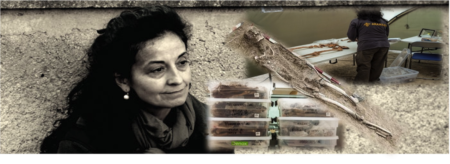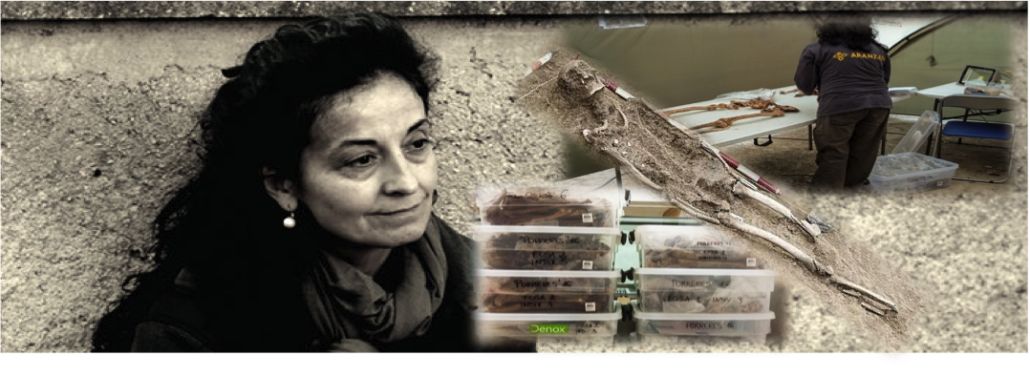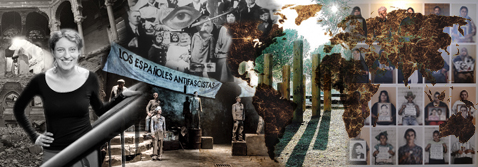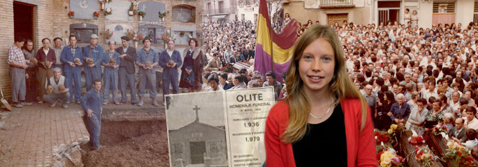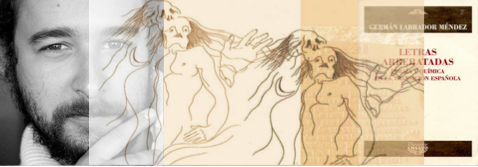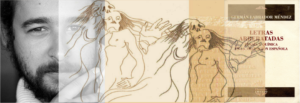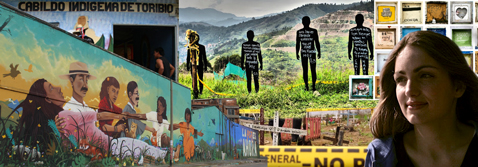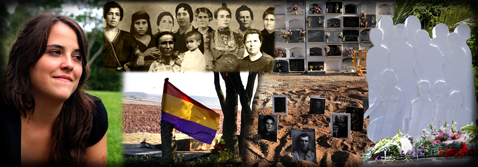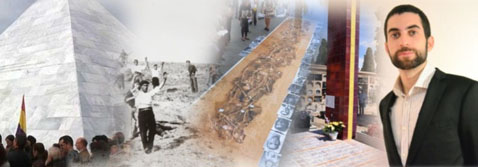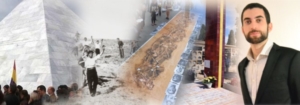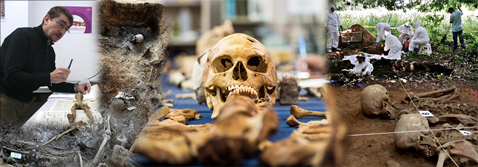María García Alonso
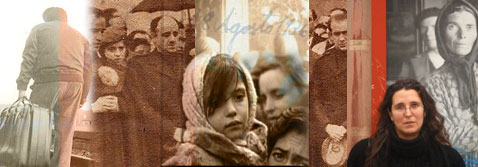
Assistant Doctor Professor, Department of Social and Cultural Anthropology. Faculty of Philosophy. Universidad Nacional de Educación a Distancia (UNED). Subdirector of Recovery and Documentary Preservation at the Center of Studies on Migrations and Exiles (CEME UNED).
Adjunct commissioner of the exhibit “The Pedagogical Missions (1931-1939)” and one of the people in charge of the research project with the same name. Project headquarters: Fundación Francisco Giner de los Ríos [Institución Libre de Enseñanza de Madrid] and Residencia de Estudiantes. Coordinator of the project on recovering the memory of educational institutions in Uruguay, funded by the Uruguayan National Administration of Public Education, a project which very particularly includes the teachers who were caused to disappear by the Uruguayan dictatorship.
Together with Julián López García (Department of Social and Cultural Anthropology. Faculty of Philosophy. Universidad Nacional de Educación a Distancia (UNED), she directs the project “All the Names of the Post-War Repression in Ciudad Real: Research and Teaching Material”. In 2009, she was the scientific coordinator of the international program of tributes to the 1939 exile of the State Society for Cultural Commemorations and the UNED.
Main publications:
Books:
- 2013 & Gabriela Ossenbach e Inés Viñuales Rafael Altamira en Argentina. Vínculos sociales e intelectuales entre España y Argentina en tiempos del primer centenario de la Independencia. Buenos Aires / Madrid: UNED / Fundación José Ortega y Gasset
- 2012 & Honorio Velasco Maíllo y Julián López García Equipaje para aventurarse en antropología. Temas clásicos y actuales de la antropología social y cultural. Madrid: UNED
- 2012. Las misiones socio-pedagógicas de Uruguay (1945-1971) Documentos para la memoria. Montevideo Administración Nacional de Educación Pública (ANEP)
- 2011. & Julián de Zulueta Tuan Nyamko (el señor de los mosquitos). Relatos de la vida de Julian de Zulueta contados a María Garcia Alonso. Madrid: Residencia de estudiantes
Articles and chapters of books:
- 2016. “La purificación de la memoria en la España del siglo XXI: Transformaciones y confrontaciones” En Beatriz Nates, María García Alonso, Carlos Zambrano (eds.): Memoria y territorio. Bogotá: ICANH
- 2016 “La propaganda de la acción o la acción de la propaganda. Las filmaciones en las misiones laicas” En: Alted, Alicia y Sel, Susana (coords.): Cine educativo y científico en España, Argentina y Uruguay. Madrid/ Buenos Aires: Editorial Ramón Areces / Instituto Gino Germani
- 2016 “El descanso de los muertos. Territorios del morir y del permanecer” En: Godinho Paula, Fonseca, Inês e Baía, João, (Coords.), Resistência e/y Memória – Perspectivas Ibero-Americana. Lisboa: IHC-FCSH/UNL
- 2015 “Días de emoción intensa. Sobre el entusiasmo y sus propietarios” Historia y Memoria de la Educación. Vol: 1(2): La transmisión de emociones y sentimientos. Subjetividad y socialización: 73-96
- 2014 “Las 26.550 noches de Palmira. Cultura frente a dogma en las Misiones Pedagógicas de la Segunda República” En Esteban, Asunción e Izquierdo, María Jesús (ed.s) La revolución educativa en la Segunda República y la represión franquicia. Valladolid: Universidad de Valladolid
- 2014 “Los territorios de los otros: memoria y heterotopía” Cuicuilco. Volumen: 21 (61): 33-352
- 2013 “Cuando los que vuelven son ya ancianos. Memoria frente a historia” En Alicia Gil, Aurelio Martín y Pedro Pérez (coords.), El retorno. Migración económica y exilio político en América Latina y España. Madrid: Marcial Pons
- 2013 “Intuiciones visuales para pueblos olvidados. La utilización del cine en las Misiones Pedagógicas de la Segunda República” Cahiers de Civiliasation Espagnole Contemporaine. Volumen 11(2013):1-14


